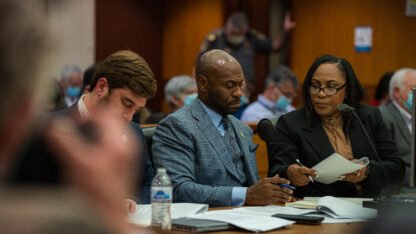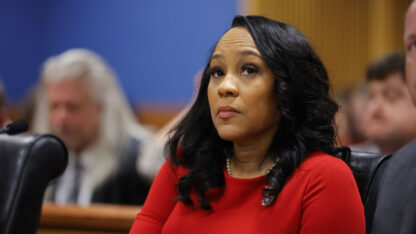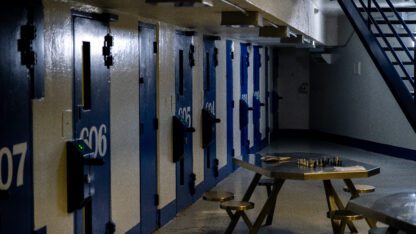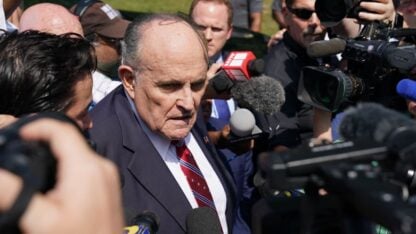As former President Donald Trump reshapes the Republican National Committee into the party apparatus he wants, more changes are coming, according to the new chair of the organization.
RNC Chair Michael Whatley sent a three-page memo to staff Thursday night emphasizing the organization’s new and continued focus; voter turnout, creating a united front with the Trump campaign and election integrity.
“Every tool that the other side has used, we need to wield for ourselves,” Whatley said in the memo, obtained in full by NPR. “…We will strive relentlessly towards historic accomplishments, and fully modernizing the organization between now and Election Day.”
Earlier this week, Trump secured enough delegates to formally claim the Republican nomination. This is the third presidential cycle in a row where Trump will be the GOP nominee. Because Biden secured his own nomination as well, a Trump-Biden rematch will be the presidential race the American people face in November.
As the formal nominee, Trump is already remaking the RNC in his image, hand-selecting Whatley to lead and integrating additional campaign staff within the organization.
In the memo, James Blair, a senior Trump campaign adviser is announced as the political director of both the RNC and the campaign and lawyer Charlie Spies will be taking over as the RNC’s Chief Counsel. Whatley explained in the memo that goal is to “cater to individual states, realizing that each state is different, and that we must evolve to more neighbor to neighbor, precinct-level organizing.”
In the vein of political operations, Whatley told staff there will be a focus on organizing communities that are not traditionally Republican. The RNC is looking to launch a “‘Grow the Vote’ program geared towards reaching nontraditional Republican voters and low propensity voters,” according to the memo.
Shortly after Whatley and Lara Trump, the former president’s daughter-in-law who is serving as RNC Co-Chair, stepped into their roles more than 60 people were fired, including senior staff in the political data and communications departments. As NPR reported, the cuts also included staff that ran the committee’s community centers, in African American, Asian and Hispanic communities.
In the memo to staff sent later in the week, Whatley pushed back on the notion that those community centers, designed to reach Latino, Black, and Native American voters, were being left behind.
“Despite what you may have heard, we are not closing community centers,” Whatley said. “We are aggressively pursuing programs to grow our base and maximize opportunities to engage with Americans, utilizing all existing tools for our voters to cast ballots.”
Whatley also emphasized wanting to enhance RNC programs focusing on early voting, ballot harvesting where legal, absentee ballot and mail-in programs — including continuing the Bank Your Vote campaign, which encourages voters to mail in their ballots early even as Trump casts doubt on the trail about the legitimacy of mail-in voting. These are all areas of voting Republicans have been publicly skeptical and critical of in the past.
The RNC is also staffing up legal counsel related to its election integrity efforts. Whatley announced Christina Bobb, who has served as an attorney for President Trump, will now serve as senior counsel for election integrity.
Bill McGinley, a longtime election attorney who served as Cabinet secretary in the Trump White House, will be assuming the role of outside counsel for election integrity.
Whatley outlined that the election integrity-related priorities include “a broader effort over the coming months to [legally] challenge voter identification and signature verification rules which were put into place for the 2020 election.”
“The RNC’s new posture as it relates to this litigation will be an aggressive, proactive effort to ensure that it will be easy to vote and hard to cheat,” Whatley explained.
Trump has spent the last four years focusing on the false notion that the 2020 election was stolen, a message that several of his allies have also taken to voters.
Copyright 2024 NPR. To see more, visit https://www.npr.org.
9(MDAxODM0MDY4MDEyMTY4NDA3MzI3YjkzMw004))
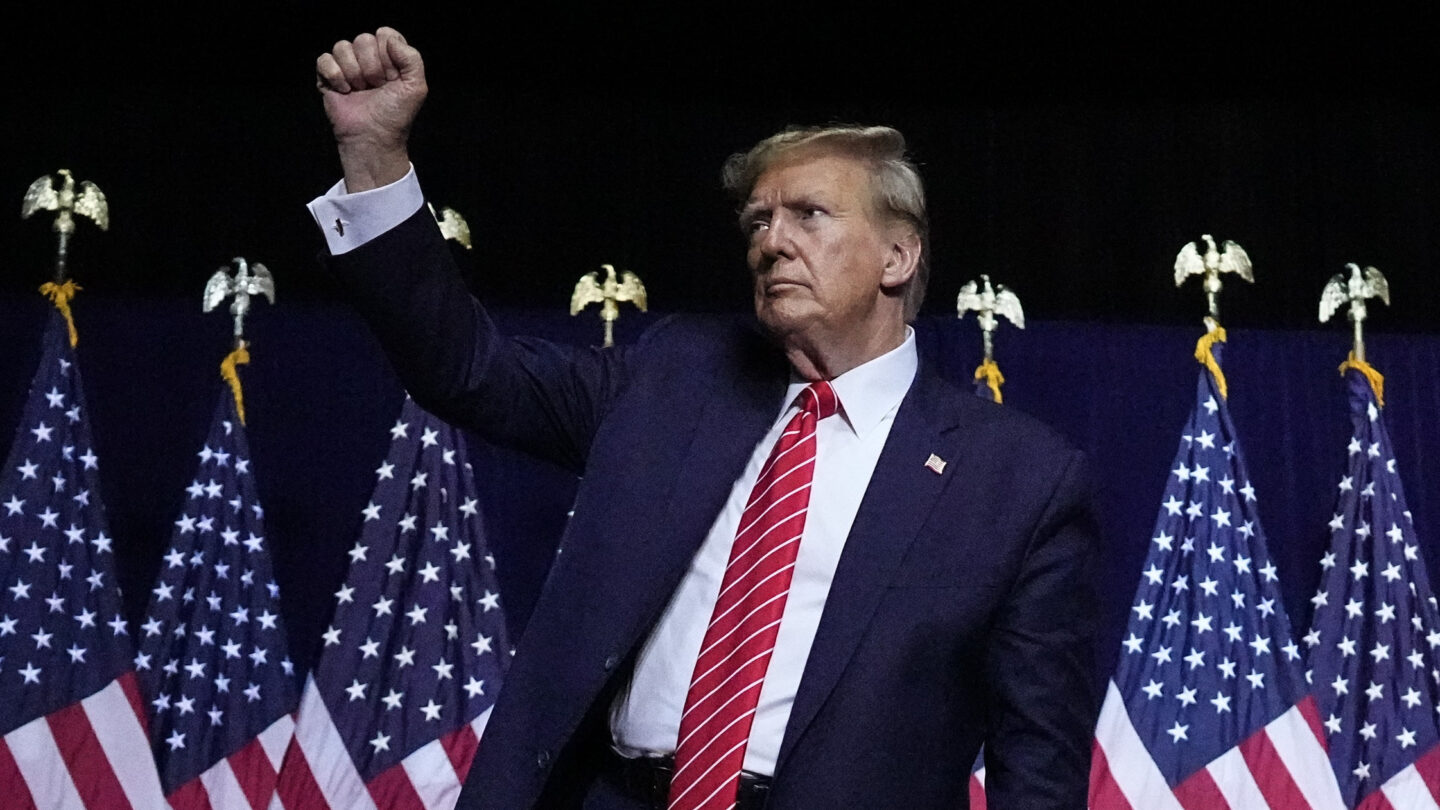
9(MDAxODM0MDY4MDEyMTY4NDA3MzI3YjkzMw004))
